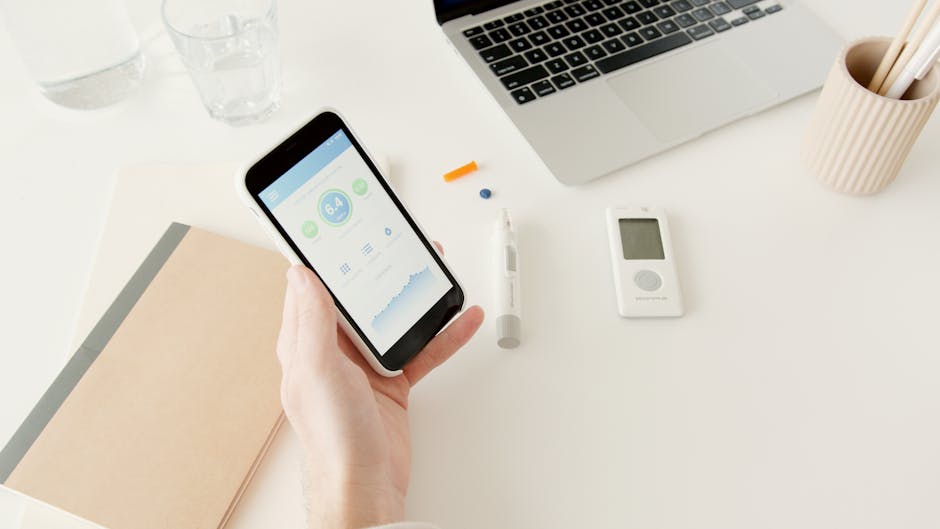5 Expert Tips to Safeguard Your Health App from Data Breaches
As technology continues to transform the healthcare industry, the use of health apps has become increasingly prevalent. These apps offer convenience and accessibility to users, allowing them to track their fitness goals, monitor their health metrics, and even consult with healthcare professionals remotely. However, with this convenience comes the risk of data breaches that can compromise sensitive personal information. To ensure the security and privacy of your health app, here are five expert tips to safeguard it from data breaches.
1. Choose a Secure App
When selecting a health app, prioritize security features. Opt for apps that use encryption to protect data both in transit and at rest. Look for apps that are compliant with regulations such as HIPAA (Health Insurance Portability and Accountability Act) if they handle sensitive health information. Reading reviews and researching the app’s security protocols can help you make an informed decision. Remember, the first step in safeguarding your data is choosing a secure platform to entrust your information with.

2. Strengthen Your Passwords
One of the simplest yet most effective ways to enhance the security of your health app is by using strong, unique passwords. Avoid using common phrases, birthdates, or easily guessable combinations. Instead, create complex passwords with a mix of letters, numbers, and special characters. Consider using a reputable password manager to generate and store your passwords securely. Additionally, enable two-factor authentication whenever possible for an added layer of protection.
3. Regularly Update Your App
Software updates often include patches for vulnerabilities that cybercriminals may exploit. Therefore, it is crucial to keep your health app and device’s operating system up to date. Set your app to auto-update to ensure you receive the latest security patches promptly. By staying current with updates, you can mitigate the risk of falling victim to known security flaws.
4. Be Mindful of Permissions
When installing a health app, carefully review the permissions it requests. Some apps may ask for access to features or data that are unnecessary for their functionality. Limit the permissions to only essential elements required for the app to operate effectively. For instance, if a fitness tracker app requests access to your contacts or camera without a valid reason, consider it a red flag and proceed with caution. By controlling app permissions, you can reduce the likelihood of unauthorized access to your personal information.

5. Educate Yourself on Phishing Tactics
Phishing attempts are common tactics used by cybercriminals to trick individuals into divulging sensitive information such as login credentials or financial details. Be cautious of unsolicited emails, text messages, or calls requesting personal information or urging immediate action. Remember that legitimate organizations will not ask you to provide sensitive data through unsecured channels. If in doubt, contact the organization directly using verified contact information to verify the request’s authenticity. By being vigilant and informed about phishing tactics, you can protect yourself from falling victim to such scams.
By implementing these expert tips, you can enhance the security of your health app and reduce the risk of data breaches. Remember that safeguarding your personal information is a continuous process that requires diligence and awareness. Prioritize your privacy and security to enjoy the benefits of health apps without compromising your sensitive data.

